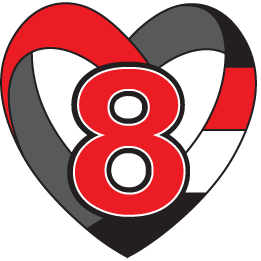
Ambassador Feature

Meet OTU Ambassador Chey
Putting pressure on one’s self to succeed, pushing and pulling in all directions until the point of sheer exhaustion, is hardly a new phenomenon. We’ve all been there-done that to some degree.
 Chey Scott put pressure on herself to excel in the first two years of her studies at the University of Guelph. This took a debilitating toll as she pulled countless all-nighters studying, leaving little to no room for herself. Things came to a head in a dizzying and disturbing fashion during a chemistry exam worth 45 percent of her mark.
Chey Scott put pressure on herself to excel in the first two years of her studies at the University of Guelph. This took a debilitating toll as she pulled countless all-nighters studying, leaving little to no room for herself. Things came to a head in a dizzying and disturbing fashion during a chemistry exam worth 45 percent of her mark.
“I was so worn out…so tired. I had a panic attack. I completely blanked on everything. I circled random things; I couldn’t comprehend what the words were saying. I ended up getting a horrible mark.”
Despite that unsettling experience, Chey graduated with her degree in Psychology but what she experienced, and saw many others go through, stayed with her; that exam car wreck serving as a “light bulb moment.”
Now enrolled in a post-graduate Addiction and Mental Health certificate program at Oshawa’s Durham College, Chey is on a mission to educate students at nearby Ontario Tech University about the need to make time for themselves to keep “the really toxic mentality of perfectionism” from overwhelming them.
“I was on Instagram and there was an iPhone contest from this organization called Cam’s Kids,” recalls the Uxbridge native of her initial introduction to the foundation.
 Chey won the contest and then chatted with Cam’s Kids National Manager Vanessa Morgan about getting more involved. She signed on as an Ambassador with the OTU team in the fall of 2020.
Chey won the contest and then chatted with Cam’s Kids National Manager Vanessa Morgan about getting more involved. She signed on as an Ambassador with the OTU team in the fall of 2020.
“One of my professors said to me ‘If you don’t take breaks, those breaks will take you’… that stuck in my head,” says Chey, adding “If you don’t take the time to care for yourself, you’re not going to be able to put your full effort into what you’re doing and it’s not going to be your best work.”
“Ignoring self-care is the new thing to prove you deserve to be in university. It’s become the new thing to over exert yourself in order to get good marks. The way that university is set up brings out anxiety in people. You push yourself to a breaking point and that breaking point actually becomes a badge of honour.”
Noting “Self-care is all about boundaries and balance,” Chey says as a Cam’s Kids Ambassador, getting that message out to as many students as she can.
“A lot of students feel guilty when they’re doing things that aren’t studying related or seen as making progress,” she says.
“I’m trying to remind people that it’s OK to take a break. You don’t have to feel guilty about that. That can be part of your success. I’m a perfectionist. I pushed myself too hard. But learning the hard way is the best way to help others. You can empathize with their situation.”

Chey is “really proud” of her Cam’s Kids involvement, a feeling anchored in the founding and nurturing of a much-needed shoulder to lean on for post-secondary students across Canada.
“The number of lives Cam continues to touch and the amazing organization that has resulted is inspiring. I’m so impressed with their [the Hicks family’s] strength, resiliency and positivity, and how the whole situation has been reframed. It’s a nation-wide organization but they still allow you to add a personal touch with your contributions.”
Set to depart Durham College this coming fall after a summer placement as a harm reduction worker, Chey sees herself working in the social services field, perhaps helping people with mental health and addiction issues. In the meantime, she’s on a mission to preach the benefits of self-care to all willing to listen.
“The best self-care is not reactive. It’s proactive. Implementing self-care into your daily routine and making it a habit is the best way to prevent burnout. But self-care is not one-size-fits-all. Some people are really energized when they walk in nature. Some aren’t. There’s spiritual self-care; there’s social self-care. There’s something that will work for you.”

Don't see what you're looking for? Send us an email!
©Copyright 2024 Cam’s Kids powered by Kids Help Phone
Not-for-Profit Organization. B/N: 921508-5
Thanks for visiting Cam's Kids. Please remember...
Cam's Kids is not a service provider.
If you are in crisis, please call 911 or go to your nearest emergency department. For free, confidential counselling, contact Good2Talk or Kids Help Phone.
Post-secondary students: find your local crisis resource here.

